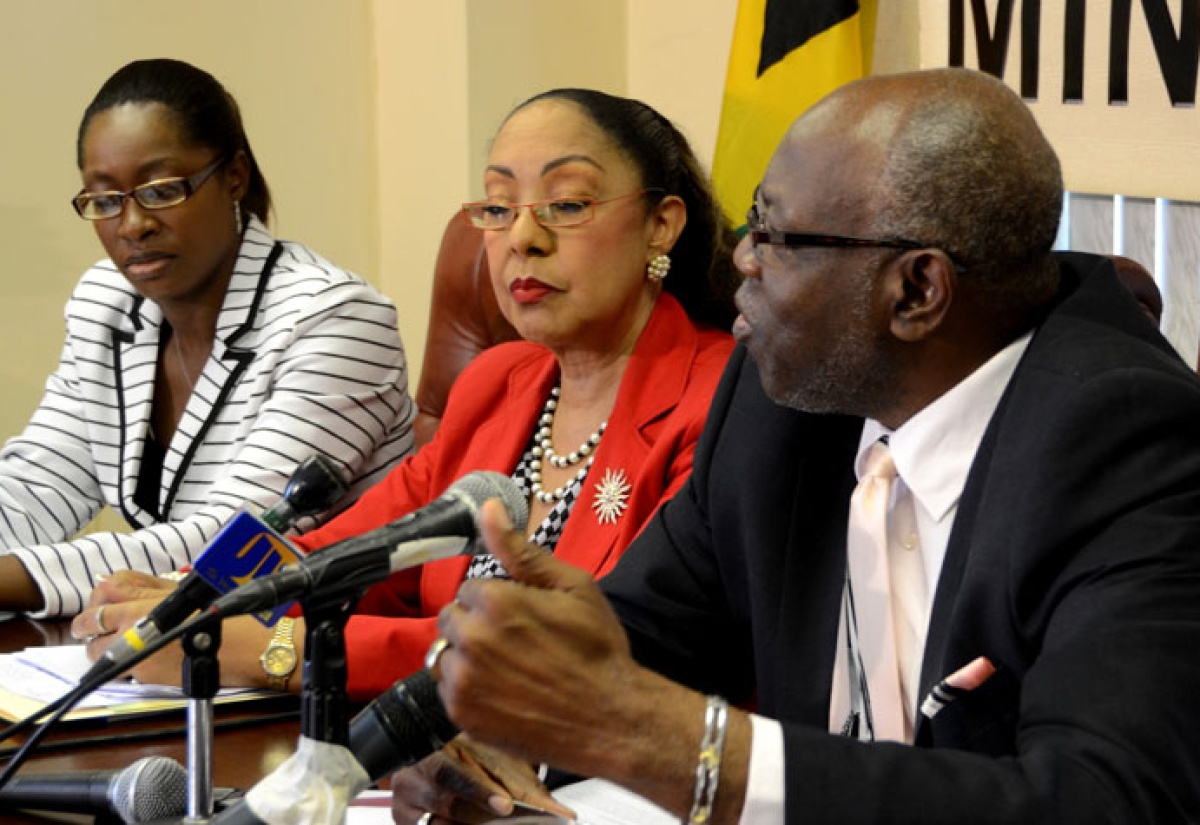Four Additional Locally Transmitted Cases of Chikungunya Confirmed
By: , August 13, 2014The Key Point:
The Facts
- The positive results were received today from samples sent to the Caribbean Public Health Agency (CARPHA).
- The affected parishes include St. Thomas, St. Catherine, St. Ann and Kingston and St. Andrew.
The Full Story
The Ministry of Health has confirmed another four locally transmitted cases of Chikungunya. Director, Emergency, Disaster Management and Special Services, Dr. Marion Bullock DuCasse said the positive results were received today from samples sent to the Caribbean Public Health Agency (CARPHA). This brings the total number of confirmed cases for Jamaica to eight – six from local transmission and two imported.
“The Ministry will continue with its public education and intense vector control activities including fogging of the surrounding areas and communities in which the affected persons reside,” Dr. DuCasse said.
The affected parishes include St. Thomas, St. Catherine, St. Ann and Kingston and St. Andrew.
Dr. DuCasse explained that the Ministry of Health awaits confirmation from CARPHA of the suspected case at the University of the West Indies.
She added that although there is now local transmission of Chikungunya, there are things that individuals can do to significantly reduce the spread of the disease by limiting opportunities for the Aedes aegypti mosquito to breed. The mosquito is domesticated and breeds in containers where water settles in and around the home, school, business places and places of worship and other areas where people generally gather.
“I would like to stress that individual responsibility is important for us to reduce the mosquito population. Each citizen has to recognise the role that they have to play in ensuring that they do not provide opportunities for mosquitoes to breed in their environment. This will assist with limiting the spread of Chikungunya,” Dr. DuCasse said.
Persons are urged to search for and destroy mosquito breeding sites by getting rid of old tyres and containers in which water can settle, punching holes in tins before disposing, and covering large drums, barrels and tanks holding water.
For more information persons may contact the Ministry’s Emergency Operations Centre at 1-888-663-5683 or 1-888-ONE-LOVE.
The Pan American Health Organization has reported that as of August 1, 2014, thirty one (31) countries and territories in the Americas have reported that they have local transmission of Chikungunya and twenty three (23) with imported cases. There have been a total of 508,122 suspected cases reported and 4,736 confirmed as being locally transmitted. In addition there have been a reported total of five hundred and thirty five (535) confirmed imported cases and thirty two (32) deaths.


